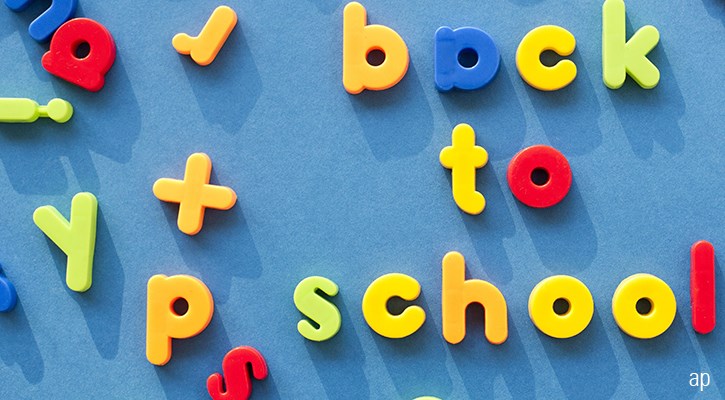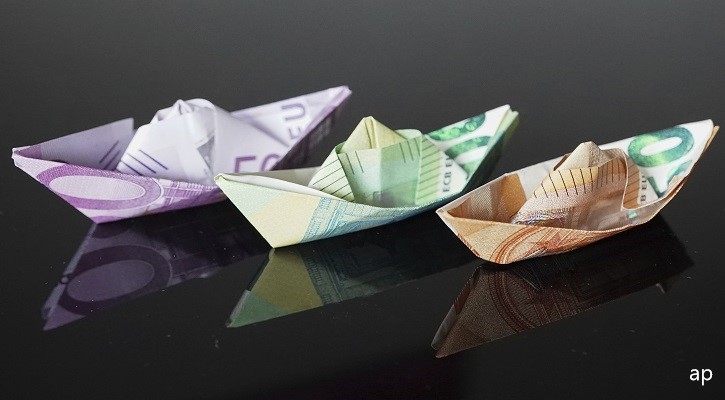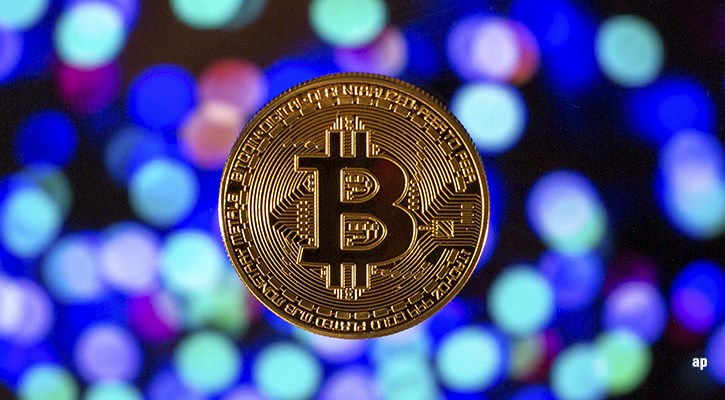Det här året har varit en riktig berg-och-dalbana för både finansiella proffs och vanliga småsparare. För många människor blev det branta börsraset i mars en chock, särskilt de som trodde att de valt säkra räntefonder. Här är några misstag vi på Morningstar lärt oss av under 2020:
Köp billigt, men sälj inte för snabbt
Jonas Lindmark, Morningstars informationschef i Sverige:
- De senaste åren har de som haft 100% i indexfonder varit ovanligt tydliga vinnare. AP7 Aktiefond inom PPM är ett tydligt exempel. Men 2020 blev nackdelarna tydliga: dels för högt risktagande med 100% aktier när återstående spartid inte är så lång, dels inga pengar kvar att investera för att utnyttja köptillfället efter att pandemin Covid-19 orsakat börsraset i mars. Jag var så klart nöjd, som började året med 100% räntefonder i PPM, och kunde köpa aktiefonder billigt i slutet av mars.
- Men jag underskattade hur snabbt människor vänjer sig, åtminstone som spekulanter på aktiemarknaden. Så jag sålde redan i juni, för tidigt. De stigande dödstalen per dag under april har som jag fruktade upprepas under december och samhällen stänger åter runt om i Europa. Men samma typ av dåliga nyheter som gav rädsla och panikförsäljning i våras, de gav under hösten bara en liten svacka i aktiekurserna i slutet av oktober. Nu verkar fler investerare tänka långsiktigt och lita på att vaccin kommer att avsluta pandemin under 2021.
Håll fast vid enkla strategier
Mike Coop, chef över Morningstars Multi-Asset portföljförvaltning i London:
- The 2020 crisis was more shocking than 1987, 94, 98 or 2008 because of the risk to life, the lack of warning signs and the nagging feeling that governments were less unified and had less capacity to respond than in prior crises.
- In dealing with this huge uncertainty, the simpler strategies turned out to be remarkably effective: portfolio rebalancing, valuation and looking for signs of panic. Committing to a plan makes it much easier to make decisions when the house is on fire and March was the critical juncture when you either followed the dire forecasts and predictions and hit “Sell” or looked at the discounts on offer and took the plunge to hit “Buy”. It could easily have got worse but if you don’t buy when assets are cheap, when do you?
Lev som du lär
Alex Morozov, koordinerar Morningstars aktieanalys i Europa:
- While the magnitude of the market turbulence we witnessed in 2020 wasn’t necessarily unprecedented, the underlying cause and the swiftness of the market swings were, and the urge to sell stocks and hide in the relative safety of cash almost led me to violate all my own personal investment tenets.
- Thankfully, I ended up resisting the temptation to jump off the market roller coaster and this turned out to be the right move, but my hesitation to invest more meant I missed out on one of the greatest, fastest rallies ever by not taking the opportunity to invest. So, what’s the lesson? Turns out it is much easier to tell folks what they ought to do rather than doing it myself.
Behåll dina vinnare
Syl Flood, ansvarig för Morningstars redaktionella strategi globalt:
- I’ve invested in Amazon (AMZN), Zoom (Z), and Tesla (TSLA) at various times over the past five years and when most stocks fell in March, these stocks didn’t. As a result, they looked overvalued to me, so I sold them. I didn’t sell out of fear but because I wanted to invest the proceeds in cheaper stocks and make more money. Needless to say, the continued rise of Zoom and Tesla has been somewhat unbearable for me, though the recent comeback of some of the value names I replaced them with has restored some of my confidence in my judgment.
- I’ve realised that while investing in cheap stocks is less risky over the long run, sometimes it comes at the expense of riding the wave of a few truly transformative, successful businesses. Which leads me to my biggest practical lesson of 2020: Do nothing whenever possible. Remember why you invested in those companies in the first place and log out of your investment account.

Prata med familjen om pengar
Susan Dziubinski, redaktionschef för Morningstar i USA:
- My biggest financial lesson in 2020 was to keep your estate plans in order and up-to-date – and to clearly communicate those plans to your beneficiaries and named agents. The pandemic served as an all-too-real reminder for my husband and I to revisit the terms of our wills, trusts, and powers of attorney.
- Call us morbid, but we crafted our plans 15 years ago when our children were just toddlers. Circumstances have changed for us since then and our estate plans needed updating as a result. Now that our children are old enough, we were able to have “the talk” – about our estate plans, that is. The discussion wasn’t easy but it was important and now my husband and I have some much-needed peace of mind.
Ignorera aktiemarknadens känslor
Jonathan Miller, ansvarig för Morningstars betygsättning av fonder i Storbritannien:
- Benjamin Graham coined the term Mr Market referring to an investor who is susceptible to the panic, euphoria and apathy that comes with stock market investing. They make decisions based on emotion and daily fluctuations, but forget about the bigger picture. But stock markets are forward-looking and can start factoring in positive future earnings, seemingly without rhyme or reason, and they aren’t aligned to economic growth so you can’t time when things will turn.
- This year, I was struck by a comment from Tesla founder Elon Musk on the firm’s 580% share price gain and entry into the S&P 500: “When looking at our actual profitability, it is very low… Investors are giving us a lot of credit for future profitability, but if at any point they conclude that's not going to happen, our stock will immediately get crushed like a soufflé under a sledgehammer!”. Food for thought when we consider Mr Market’s tendency to euphoria.
Lär dig mer om hållbarhet
Ian Tam, redaktör i Canada:
- As much as we talk about ESG and sustainable investing at Morningstar, I learned in 2020 that (at least in Canada), this is largely a field that is dominated by institutional investors (pension funds and the like).
- There is a lot to be done to educate investors, especially now as fund companies continue to tout their sustainable investment products. Without a global standard to allow for comparison of these investments, it may prove rather difficult for the average investor to navigate their way through the sea of products that actually provide sustainable characteristics. Retail investors and financial advisers really need to do their homework at this point in time to ensure the features of sustainable investment match up investor needs.
Börja månadsspara
Holly Black, Morningstars redaktionschef i Europa:
- I’ve been saying for years that I’m going to set up a regular investment plan. I frequently extol the benefits of adding small, monthly amounts to the funds you invest in and yet it remains on my “to-do” list. This year, however, I learned that I really need to stop procrastinating and put that plan into place.
- I was disciplined enough not to panic and sell during the height of this year’s volatility and so enjoyed the subsequent recovery – but had my regular investment plan been in place I could have supersized those gains by snapping up more units in my funds after their prices had fallen.






















